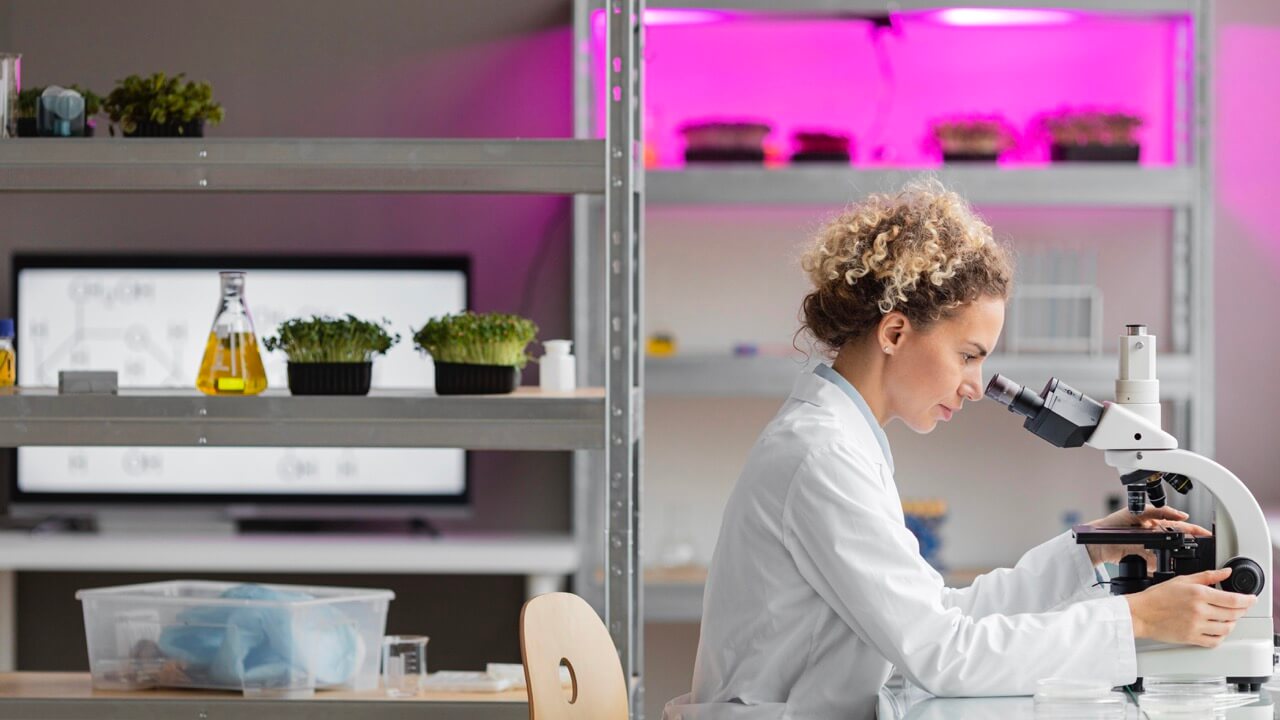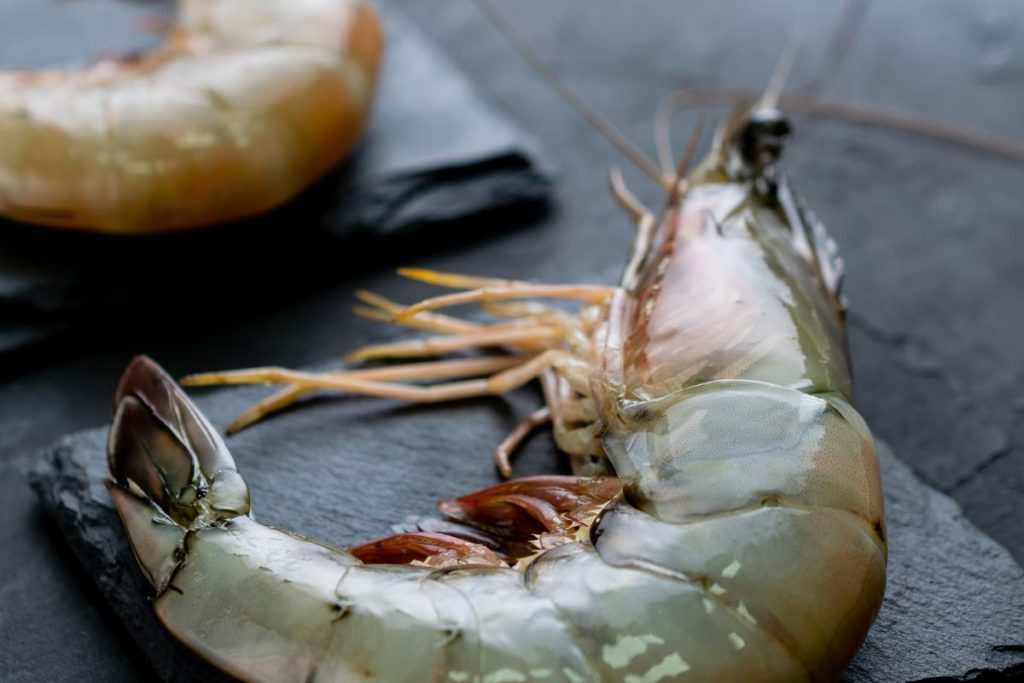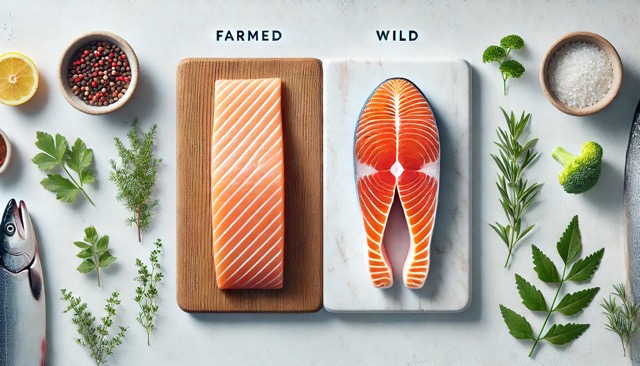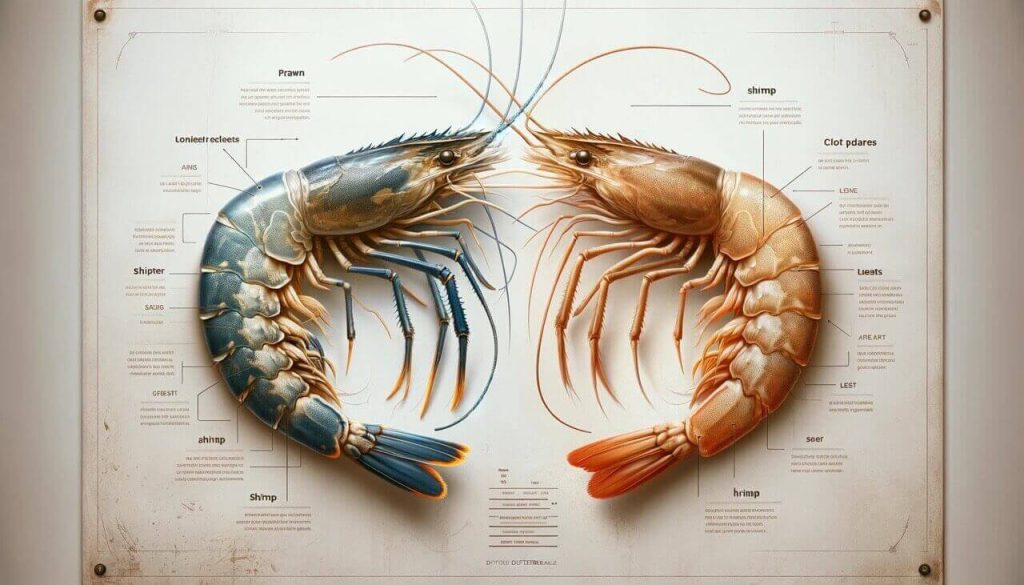Are we closer to achieving “clean fish”? This term refers to seafood obtained through cellular aquaculture, an innovative technique that could revolutionize the seafood industry.
What is Cellular Agriculture?
Cellular agriculture, also known as cultivated agriculture or cultured meat, is an innovative technology aiming to produce food from animal or plant cells without the need for traditional animal farming and slaughter. Applied to seafood production, it involves organisms like fish and shellfish. This revolutionary cell-based approach cultivates specific cells in laboratories using tissue engineering and biotechnology.
Rather than relying on conventional fishing or aquaculture, cellular agriculture enables controlled and efficient creation of seafood products by reproducing cells that make up edible tissues. Small cell samples are taken from an original organism, cultivated, and multiplied in a laboratory setting, resulting in final products that are compositionally identical to those obtained through traditional methods.
This approach has the potential to address environmental and ethical challenges associated with food production by reducing ecological footprints, mitigating overexploitation of marine resources, and improving animal welfare. Additionally, cellular agriculture could offer more sustainable and ethical solutions to meet the growing demand for seafood worldwide.
Cellular Aquaculture
Cellular Aquaculture represents a groundbreaking facet of cellular agriculture. Precision fermentation techniques redefine the production of marine products like fish and seafood, offering sustainable alternatives to conventional fishing or aquaculture methods. This innovation marks a transformative stride towards a more environmentally conscious and efficient future in aquatic food production.
Within cellular agriculture, there is a specific branch focused on the production of marine products, such as fish and seafood, through cellular cultivation techniques instead of traditional fishing or aquaculture methods. This is known as cellular aquaculture.
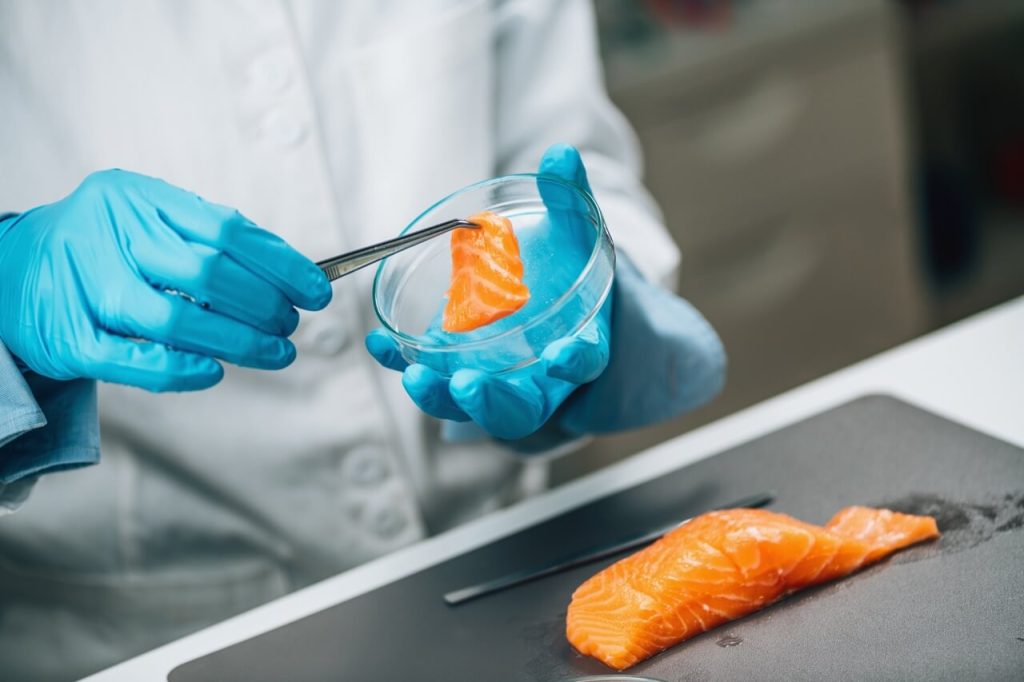
How are Seafood Obtained through this Method?
Small cell samples are extracted from the edible tissues of marine organisms, such as fish or shellfish, and are cultivated and multiplied in a laboratory environment. These cultured cells can be used to create final products that are virtually identical to those obtained through traditional methods, but with potentially reduced environmental impact and without the need to maintain fish or shellfish populations in farms.
While still in the early stages of development and commercialization, this technology has the potential to transform the aquaculture industry and contribute to a more sustainable and ethical approach to marine food production.
Seafood Companies Implementing this Technique
While large-scale seafood production through this method is not yet feasible, some companies and governments are actively promoting the development of cultivated meat and fish projects.
For example, the United States Department of Agriculture (USDA) granted €10 million to Tufts University to establish the National Institute for Cellular Agriculture. An investment that aims to address climate change, bringing resilience in the food systems, and constructing a more robust and sustainable future.
Regarding companies developing cellular aquaculture projects, notable examples include BlueNalu, focusing on cultivating fish, crustaceans, and mollusks. Startups like Wild Type, specializing in salmon development, and Finless Foods, centered on bluefin tuna production through aquaculture, are also making strides.
The investment and support in these cellular aquaculture initiatives not only signify a shift in how we obtain our seafood but also aim to preserve marine resources and biodiversity.
However, these initiatives are still in the early stages of development and commercialization. While there is a long way to go, it’s crucial to focus on cellular aquaculture because the technology is advancing rapidly and has the potential to revolutionize the seafood industry.


